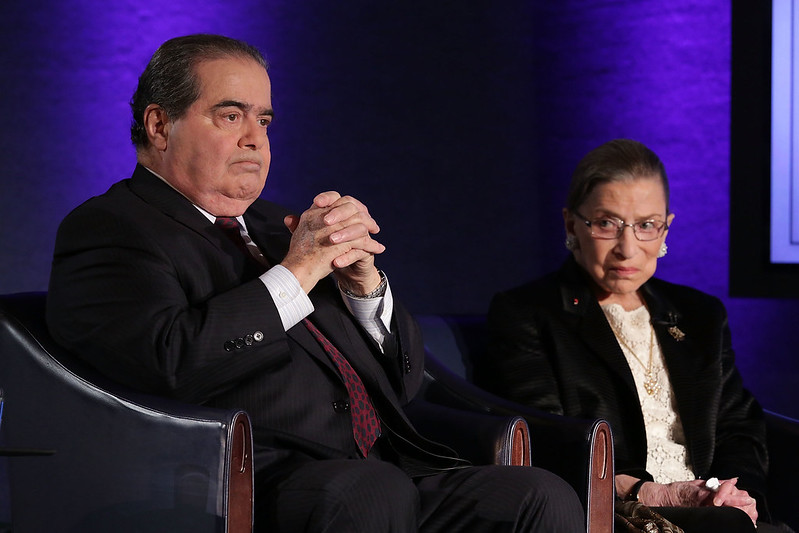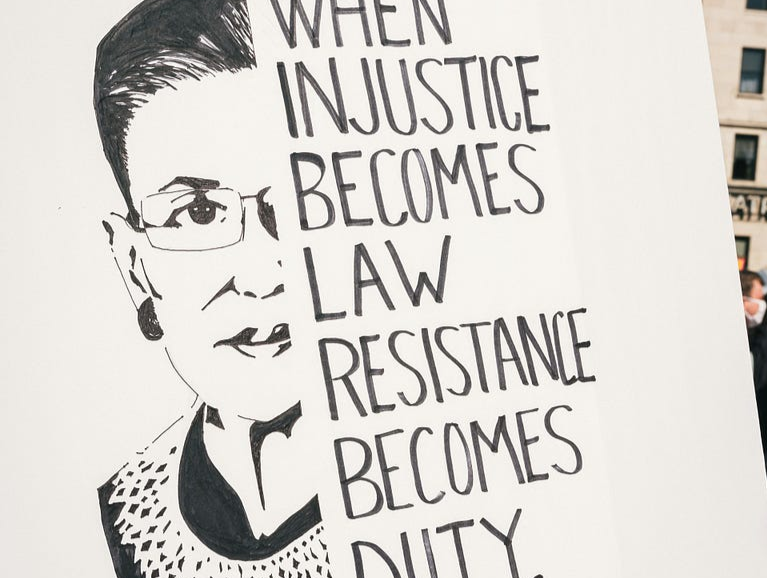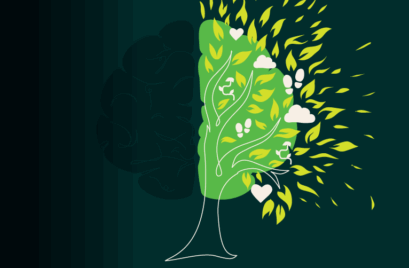
Despite our best intentions, we won’t get along with all of our work colleagues all the time. Differences in values, beliefs, objectives, priorities, and goals are inevitable in the workplace (and in life). And that’s ok. Dissent can be a healthy dynamic. But how do we get the best out of these situations?
Bader Ginsburg and Scalia
Take Justice Ruth Bader Ginsburg and her chief antagonist on the Supreme Court, Justice Antonin Scalia. Despite being deeply ideologically opposed, they maintained a robust relationship, tempered with humour and respect. Importantly, both maintained the wider perspective of the importance of the Constitution of the United States to American society and recognised that rigorous debate would only serve it.
What Ginsburg and Scalia managed to do best, though, was negotiate their polarised views, and not allow them to become a roadblock to reaching their goals as a collective. As leaders, we can learn much from, not only their relational dynamics, but also their respectful etiquette. Justice Scalia’s son made this remark about them:
The two justices had central roles in addressing some of the most divisive issues of the day, including cases on abortion, same-sex marriage and who would be president. Not for a moment did one think the other should be condemned or ostracized. More than that, they believed that what they were doing — arriving at their own opinions thoughtfully and advancing them vigorously — was essential to the national good. With less debate, their friendship would have been diminished, and so, they believed, would our democracy.
This is a very grounding perspective to take into situations when conflict is brewing. Often, when we sit in oppositional viewpoints, we don’t look for either common ground or validity in the other perspective. This increases the size of the divide between us and the likelihood of ever crossing it. Justices Ginsburg and Scalia, however, are the brightest example of how to build a strong and resilient bridge that will weather even the most ferocious storms.
Of course, both judges graduated from an education system that taught them to relish debate and differing viewpoints. Not everyone receives that kind of training or opportunity. For many of us, an oppositional viewpoint can be seen as an attack and a signal to rebuff or stand our ground. This is when we (individuals, teams, and organisations) become stuck. Stalemates diminish our ability to connect and to innovate.

Unlocking Polarities
So, it can be helpful to reflect upon the keys to the judges’ success, and consider how we might apply these attributes in our own working lives.
- Respect for self and others —This might seem an empty phrase, but it is actually the building block to every relational aspect of our work and personal lives. Without due regard for both ourselves and the opinions, needs, and beliefs of others, we become locked into a narrow mindset that suffocates our thinking.
- Wanting to get it right, not ‘be’ right — It has been a long-term practice of leaders to sit in the “expert mindset.” It is a comfortable, self-assured space that frames all our thinking through the lens of “we know best.” And while some occasions require decision-making based on a specific skill set, often we are best served by thinking past what we know and considering what our collective knows.
- Being in service of a purpose greater than ourselves — In some ways, this is THE grounding principle of the successful mediation of ideas. While we only serve ourselves and our own ambitions, it will is difficult to see the value of oppositional thinking.
- Don’t underestimate the power of civility — those who knew Bader Ginsberg described her as “the essence of grace, civility, and dignity”. She was determined to remain collegial in the face of conflict. In leadership today, we often advocate for courageous conversations, radical candour, and speaking truth to power. What is sometimes omitted in that discussion is “how” we do that. Think of civility as the railings of the bridge-over-conflict.
And when the going gets tough, remember RBG’s famous words… “We are different; we are one.”







